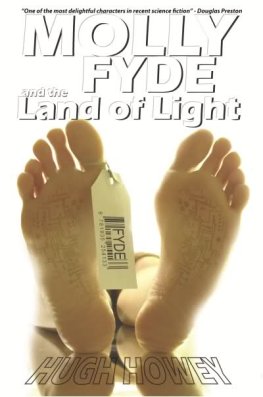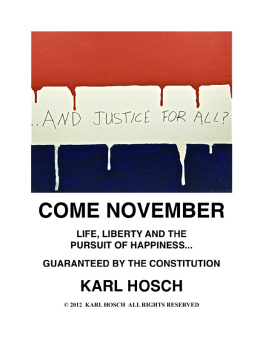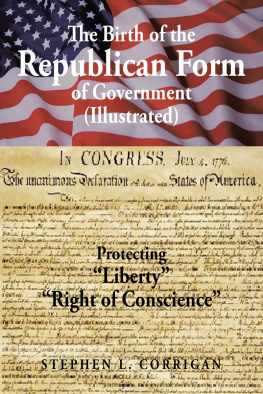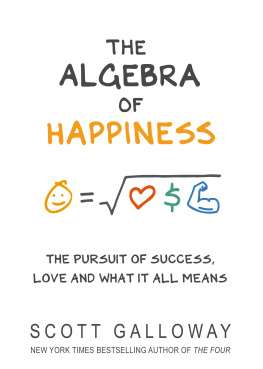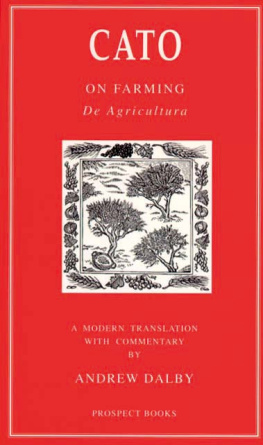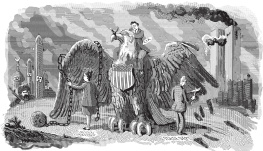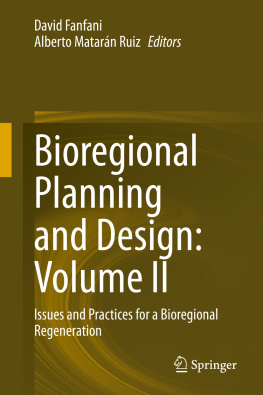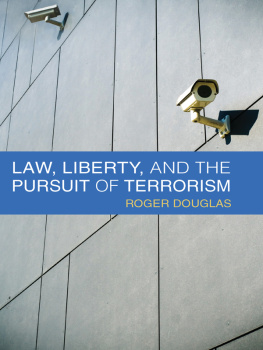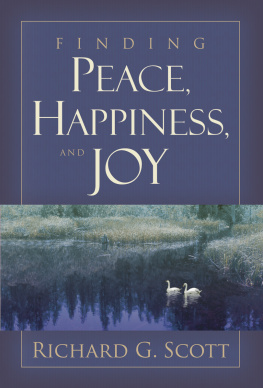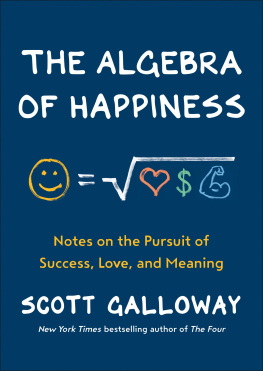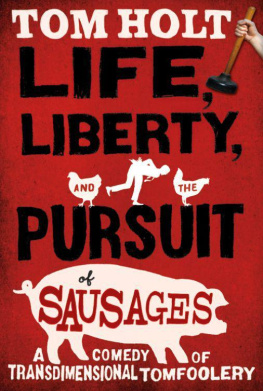Molly Scott Cato - The Bioregional Economy: Land, Liberty and the Pursuit of Happiness
Here you can read online Molly Scott Cato - The Bioregional Economy: Land, Liberty and the Pursuit of Happiness full text of the book (entire story) in english for free. Download pdf and epub, get meaning, cover and reviews about this ebook. year: 2013, publisher: Routledge, genre: Romance novel. Description of the work, (preface) as well as reviews are available. Best literature library LitArk.com created for fans of good reading and offers a wide selection of genres:
Romance novel
Science fiction
Adventure
Detective
Science
History
Home and family
Prose
Art
Politics
Computer
Non-fiction
Religion
Business
Children
Humor
Choose a favorite category and find really read worthwhile books. Enjoy immersion in the world of imagination, feel the emotions of the characters or learn something new for yourself, make an fascinating discovery.
- Book:The Bioregional Economy: Land, Liberty and the Pursuit of Happiness
- Author:
- Publisher:Routledge
- Genre:
- Year:2013
- Rating:4 / 5
- Favourites:Add to favourites
- Your mark:
- 80
- 1
- 2
- 3
- 4
- 5
The Bioregional Economy: Land, Liberty and the Pursuit of Happiness: summary, description and annotation
We offer to read an annotation, description, summary or preface (depends on what the author of the book "The Bioregional Economy: Land, Liberty and the Pursuit of Happiness" wrote himself). If you haven't found the necessary information about the book — write in the comments, we will try to find it.
The Bioregional Economy: Land, Liberty and the Pursuit of Happiness — read online for free the complete book (whole text) full work
Below is the text of the book, divided by pages. System saving the place of the last page read, allows you to conveniently read the book "The Bioregional Economy: Land, Liberty and the Pursuit of Happiness" online for free, without having to search again every time where you left off. Put a bookmark, and you can go to the page where you finished reading at any time.
Font size:
Interval:
Bookmark:

In a world of climate change and declining oil supplies, what is the plan for the provisioning of resources? Green economists suggest a need to replace the globalised economy, and its extended supply chains, with a more local economy. But what does this mean in more concrete terms? How large is a local economy, how self-reliant can it be, and what resources will still need to be imported? The concept of the bioregion developed and popularised within the disciplines of earth sciences, biosciences and planning may facilitate the reconceptualisation of the global economy as a system of largely self-sufficient local economies.
A bioregional approach to economics assumes a different system of values to that which dominates neoclassical economics. The global economy is driven by growth, and the consumption ethic that matches this is one of expansion in range and quantity. Goods are defined as scarce, and access to them is a process based on competition. The bioregional approach challenges every aspect of that value system. It seeks a new ethic of consumption that prioritises locality, accountability and conviviality in the place of expansion and profit; it proposes a shift in the focus of the economy away from profits and towards provisioning; and it assumes a radical reorientation of work from employment towards livelihood.
This book by leading green economist Molly Scott Cato sets out a visionary yet rigorous account of what a bioregional approach to the economy would mean and how to get there.
Molly Scott Cato is Professor of Strategy and Sustainability at Roehampton University, UK. She is the author of Green Economics: An Introduction to Theory, Policy and Practice (Earthscan, 2008) and she has written widely on themes concerned with mutualism, social enterprise, policy responses to climate change, banking and finance, and local economies. She works with Transition Stroud and Stroud Common Wealth.
First published 2013
by Routledge
2 Park Square, Milton Park, Abingdon, Oxon OX14 4RN
Simultaneously published in the USA and Canada
by Routledge
711 Third Avenue, New York, NY 10017
Routledge is an imprint of the Taylor & Francis Group, an informa business
2013 Molly Scott Cato
The right of Molly Scott Cato to be identified as author of this work has been asserted by her in accordance with the Copyright, Designs and Patent Act 1988.
All rights reserved. No part of this book may be reprinted or reproduced or utilised in any form or by any electronic, mechanical, or other means, now known or hereafter invented, including photocopying and recording, or in any information storage or retrieval system, without permission in writing from the publishers.
Trademark notice: Product or corporate names may be trademarks or registered trademarks, and are used only for identification and explanation without intent to infringe.
British Library Cataloguing in Publication Data
A catalogue record for this book is available from the British Library
Library of Congress Cataloging in Publication Data
Cato, Molly Scott.
The bioregional economy : land, liberty and the pursuit of happiness / by Molly Scott Cato.
p. cm.
1. Sustainable developmentSocial aspects. 2. Economic developmentEnvironmental aspects. 3. Regional economicsEnvironmental aspects. 4. Human ecologyEconomic aspects. I. Title.
HC79.E5C3827 2012
338.927dc23
2012017740
ISBN: 978-1-84971-458-7 (hbk)
ISBN: 978-0-415-50082-1 (pbk)
ISBN: 978-0-203-08286-7 (ebk)
Typeset in Times New Roman
by Taylor & Francis Books
In Memory of
Richard Douthwaite
You are so deeply missed
And yet every day your work helps us to build
a sustainable future.
Now, my co-mates and brothers in exile,
Hath not old custom made this life more sweet
Than that of painted pomp? Are not these woods
More free from peril than the envious court?
Here feel we but the penalty of Adam,
The seasons difference, as the icy fang
And churlish chiding of the winters wind,
Which, when it bites and blows upon my body,
Even till I shrink with cold, I smile and say
This is no flattery: these are counsellors
That feelingly persuade me what I am.
Sweet are the uses of adversity,
Which, like the toad, ugly and venomous,
Wears yet a precious jewel in his head;
And this our life exempt from public haunt
Finds tongues in trees, books in the running brooks,
Sermons in stones and good in every thing.
I would not change it.
Duke Senior in As You Like It, II.1, on The Forest of Arden
PART III Policies for a bioregional economy
5.3 Map of the Somerset Levels
I have been thinking about this book for at least a decade, since I first began to wonder in my own mind what sort of economy might replace the profligate and essentially dissatisfying structure that globalisation has given us. Two beacons have come to light my way in thinking and writing: one to attract me; the other to repel. The first is best encapsulated in Doreen Masseys suggestion that we should be for place. At the risk of any pretention to an academic career, I have to say that I take this as an inevitable assumption, a partial definition of the human condition. Just as we cannot live as isolated individuals, we cannot live without a sense of place. The second arose as a question following a talk I had given to an academic audience. What, my questioner asked, did Molly Scott Cato have to say to the people of Shanghai? I felt quite aghast at first: I had nothing to say to them, nothing at all. But over the following days and weeks I realised this was a strength, not a sign of inadequacy. What right have I to create a message for Chinese people whose culture I do not understand? Our lessons must be grounded and they must be local. This is the philosophical motivation for the bioregional economy; the creative part is translating that into a strategy for acquiring resources, and for developing a locally based provisioning strategy.
To live in this way that would once have been commonplace now feels radical and exciting. In an age when the worlds resources are available for a sum of money I have in my purse 24 hours a day within a 10-minute walk, there is a way in which it could be dismissed as playing. But something in me is not convinced of the power of that system, and the number of people queuing for allotments and learning the skills of growing, preserving and brewing, suggests that I am not alone in this. Playing is a childs work; it is a way of learning that is risk-free. It may be that, as a human community, and by a mixture of reason and intuition, we are rejecting progress and learning from an earlier way of being.
It is always difficult to know whether your sense of being at a pivotal point in history is real or fanciful. When I look at the history of humankind what I notice that is different about right now is that it is the first time we have had the information necessary to know for certain that we are making a terrible mistake. We are the first species that has been able to chronicle its own path to extinction. Can we use the same immense cognitive and communicative powers at our disposal to find a different and better way?
I believe that we can and that we must. My book is my commitment to this belief in the field of economics.
Molly Scott Cato
Stroud, UK
Font size:
Interval:
Bookmark:
Similar books «The Bioregional Economy: Land, Liberty and the Pursuit of Happiness»
Look at similar books to The Bioregional Economy: Land, Liberty and the Pursuit of Happiness. We have selected literature similar in name and meaning in the hope of providing readers with more options to find new, interesting, not yet read works.
Discussion, reviews of the book The Bioregional Economy: Land, Liberty and the Pursuit of Happiness and just readers' own opinions. Leave your comments, write what you think about the work, its meaning or the main characters. Specify what exactly you liked and what you didn't like, and why you think so.


